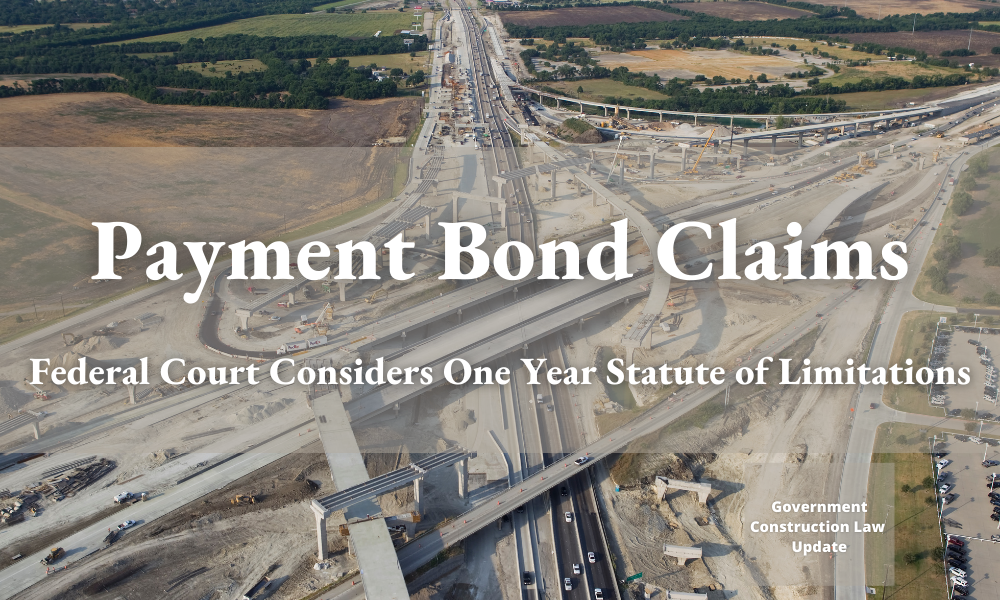A performance bond ensures that the bonded contractor or subcontractor will complete its work on a project. If a bonded contractor or subcontractor defaults, the surety should step in and exercise one of its options under the bond, which typically includes arranging for the completion of the defaulted contractor’s work.
Often, before a surety’s obligation to complete the defaulted contractor’s work is triggered, the surety must be given written notice of the contractor’s default. This gives the surety the chance to choose one of its options under the bond.
If an owner or contractor fails to provide any required written notice before hiring a replacement contractor or subcontractor to complete the work, the surety may assert the lack of written notice as a defense to a performance bond claim.
But what happens when an owner or contractor fails to timely provide the required written notice of default and the surety, once it learns of the default, indicates that the owner or contractor’s decision to hire a replacement contractor or subcontractor is fine?
In that situation, it’s possible that the surety may have waived its right to timely written notice. A recent federal court case—VEC, Inc. v. Joyce Electrical, Inc.—recently addressed such a situation.Continue Reading Can a Surety Waive Its Right to Notice Under a Performance Bond?








